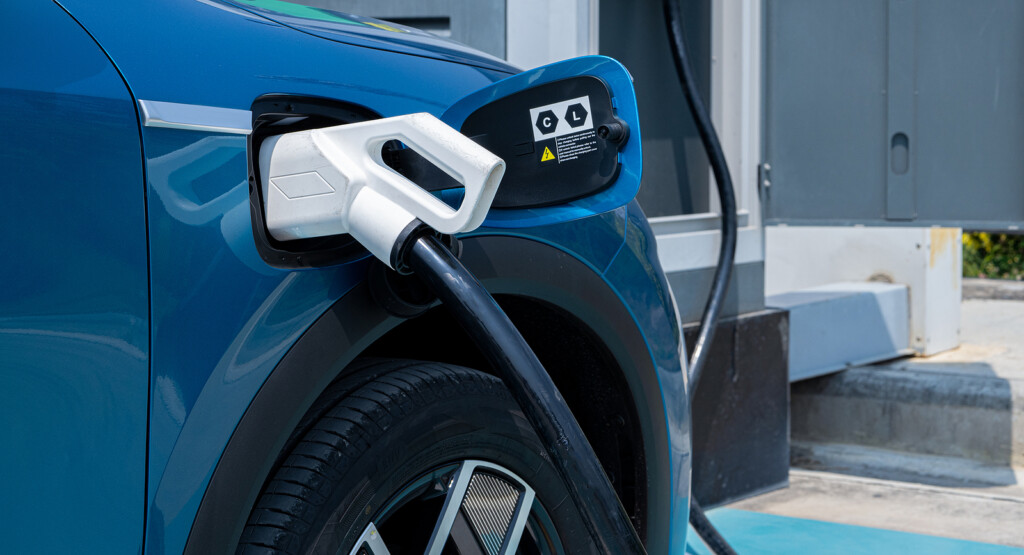
Salary sacrifice is an agreement to reduce an employee’s entitlement to cash pay, usually in return for a non-cash benefit, such as providing the employee with an asset or healthcare.
As an employer, you can set up a salary sacrifice arrangement by changing the terms of your employee’s employment contract. Your employee needs to agree to this change.
What are the savings if you sacrifice salary?
If an employee sacrifices salary to pay for an asset, the money is deducted from their Gross pay before PAYE and National Insurance is deducted, so they save in these areas. If the non-cash item provided does not attract a benefit in kind, then there will be tax savings.
Examples of items where a benefit in kind does not apply are:
- Electric Cars (0% in 2020/21, 1% in 2020/21)
- Payments into pension schemes
- Employer provided pensions advice
- Childcare vouchers
- Bicycles and cycling safety equipment (including cycle to work)
If the non-cash benefit does attract a P11D benefits charge, then the benefit of sacrificing the salary is negated.
Take, for example, an employee on a salary of £50,000 per year who wants to lease an electric car for £400 a month and sacrifice their pay accordingly.
The outcome is compared below:
So, the employee is saving £172 in Tax and NI and the employer is saving £50 in NI. Because they are making this saving, the car that would normally costs £400 is now costing £289 (£400 – £172).
What about the benefit in kind?
Normally the car would attract a benefit in kind and tax would be payable, but until April 2021 the benefit in kind is 0% and 1% after that.
Get the details right
It is important before operating a salary sacrifice scheme to set it up correctly to ensure the deductions are accepted by HMRC. This includes updating employment contracts to allow for the deductions from Gross pay.
If you are interested in implementing a salary sacrifice scheme in your business contact us for more details.
Download a PDF version here.






